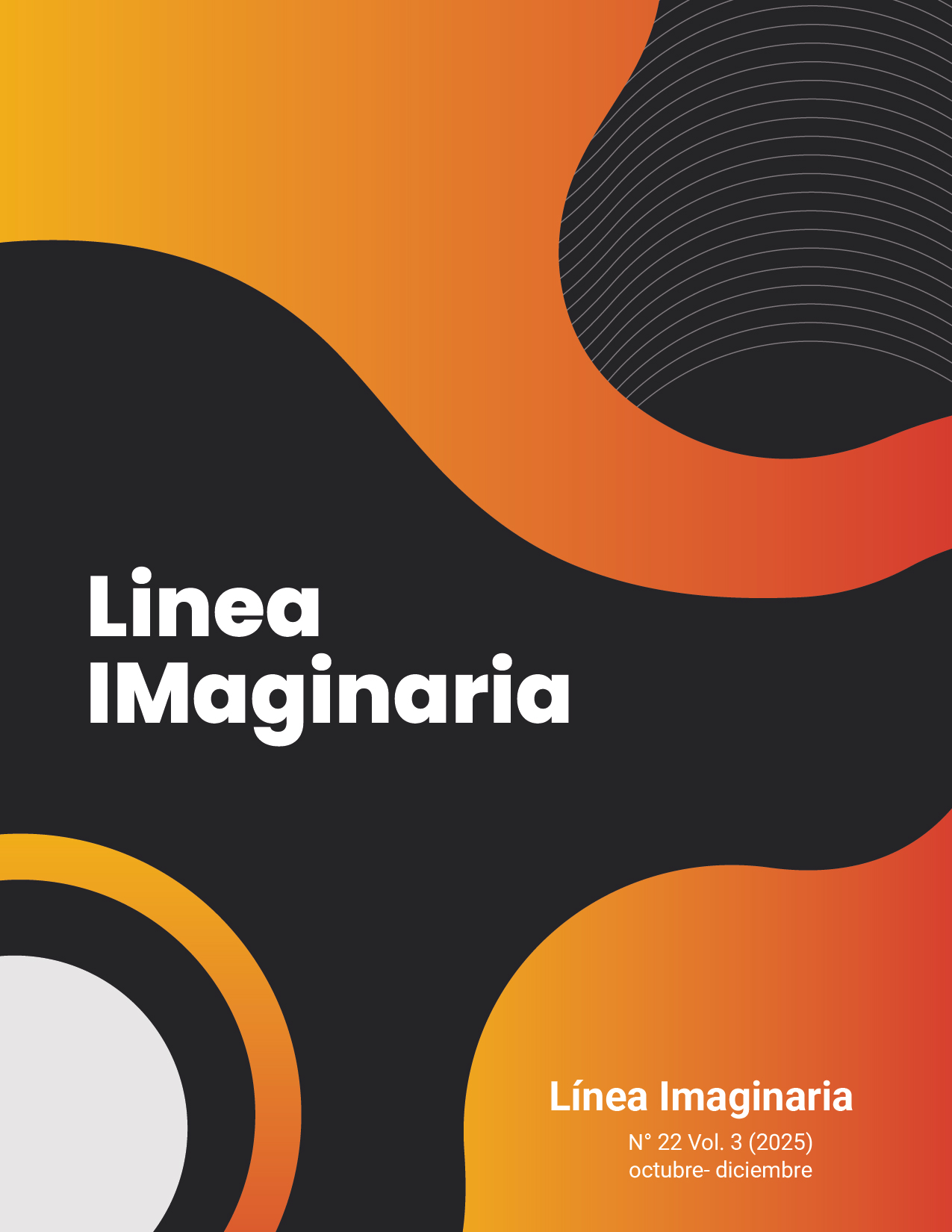The role of the media in political and ethical education
DOI:
https://doi.org/10.56219/lneaimaginaria.v3i22.4638Keywords:
Media and communication, pedagogical strategies, training, politicsAbstract
The media has an influence on the social development of a community. All people in one way or another use the information that is transmitted in the options available in the environment, to develop some of their activities of a type: work, academic, health, entertainment, among others. Nowadays, the mass media have become a reference for the formation of young people, which influences their behavior and feelings, defines the values and social ethics of people; it is known that many times this information is manipulated to favor some political ideology, promote consumerism and especially as a means to divert the attention of a community, in order to hide some problem that incriminates some member of the government, economic or political group. As teachers, we observe that there is misinformation, families are manipulated and the difficulties that educational institutions have, to achieve that this erroneous information can be worked with students so that it does not affect their survival, they can know the reality and strengthen their values for the benefit of their environment. When consulting this situation at an international level, opinions, videos, and even feature films are observed, which express the power that the media has in the economic and political situations of a nation, as well as the influence that it has in consumerism and the alteration of values in families. From an academic perspective, there are several studies and articles related to the influence of the media in other sectors of a nation's society: sports, sexual education, health, among others. It is important to carry out research that analyzes the influence that the media of the environment have on the targeted population, to identify the influence and repercussions that these social tools have on youth and to be able to define whether hey affect positively or negatively the behavior, perspectives and feelings in their political, ethical and value formation, which in one way or another can define the life project of students at a general
Downloads
References
Ceballos, S., Forero J., Álvarez, A. (2019). Medios escolares, escenarios para formar sujetos políticos en la escuela. Alteridad, 14(2), 243-255. https://doi.org/10.17163/alt.v14n2.2019.08 DOI: https://doi.org/10.17163/alt.v14n2.2019.08
Chacón, G. Fernández, J. Yañez, J. (2014). Factores que impiden la aplicación de las tecnologías en el aula. Zona próxima: revista del Instituto de Idiomas de la Universidad del Norte (Barranquilla, Colombia)., ISSN-e 2145-9444, ISSN 1657-2416, Nº. 20, 2014, págs. 108-118
Gerdel, S. (2010). Apuntes para pensar la relación entre "medios" de comunicación social, educación y formación para la democracia. Revista mexicana de investigación educativa. RMIE vol.15 no.47 Ciudad de México oct./dic. 2010. versión impresa ISSN 1405-6666
Jara, C. Sánchez, M., Cox, C. Montesinos, M. (2021). Socialización política y formación ciudadana en el contexto escolar chileno: un análisis desde el enfoque de género. [Artículo]. Calidad en la educación No.54 Santiago jul. 2021. http://dx.doi.org/10.31619/caledu.n54.932 DOI: https://doi.org/10.31619/caledu.n54.932
Moya, D. (2021). La estructura mediática colombiana en el contexto internacional. De Colombia al mundo. Del mundo a Colombia. Mediaciones, 26 (17). Pp. 116-136. https://doi.org/10.26620/uniminuto. mediaciones.17.26.2021.116-136 DOI: https://doi.org/10.26620/uniminuto.mediaciones.17.26.2021.116-136
Muñoz, P (2020). Educomunicación, discapacidad y ciudadanía estrategia de educomunicación para la formación ciudadana de poblaciones en riesgo de exclusión. [Tesis Doctoral Universidad de Huelva España]. http://rabida.uhu.es/dspace/handle/10272/19464
Valdez, O. (2020) Telebasura, Tabloidización y espectacularización: impacto en la audiencia sur-andina y competencias mediáticas para la ciudadanía boliviana.[Tesis Doctoral Universidad de Huelva España]. http://rabida.uhu.es/dspace/handle/10272/19323
Downloads
Published
How to Cite
Issue
Section
License

This work is licensed under a Creative Commons Attribution-NonCommercial-ShareAlike 4.0 International License.
La revista Línea Imaginaria conserva los derechos patrimoniales (copyright) de las obras publicadas, que favorece y permite la reutilización de los mismos bajo la licencia Creative Commons Atribución-NoComercial-CompartirIgual 4.0 , por lo cual se pueden copiar, usar, difundir, transmitir y exponer públicamente, siempre que se cite la autoría y fuente original de su publicación (revista, editorial, URL y DOI de la obra), no se usen para fines comerciales u onerosos y se mencione la existencia y especificaciones de esta licencia de uso. Si remezcla, transforma o crea a partir del material, debe distribuir su contribución bajo la misma licencia del original.













